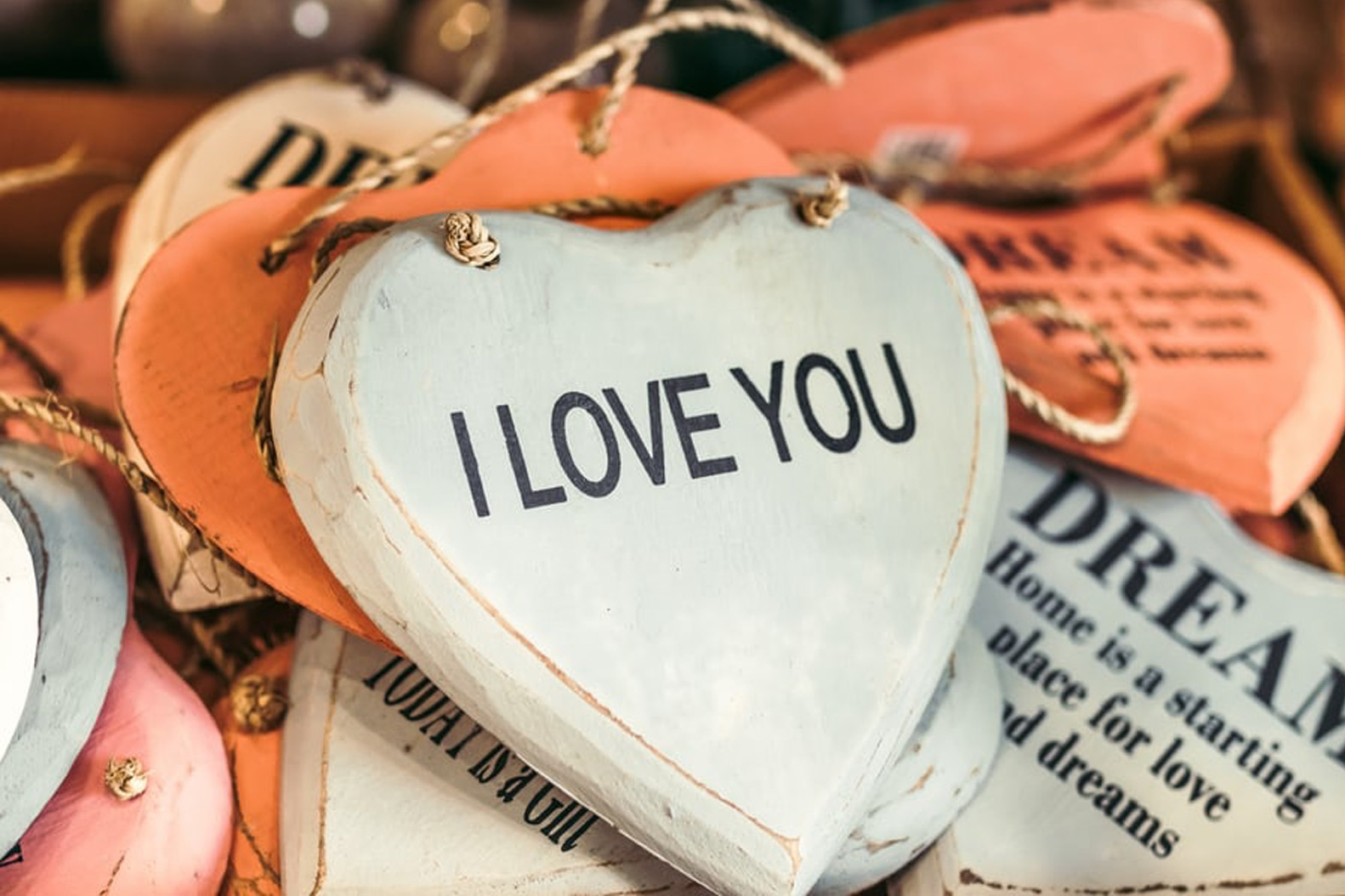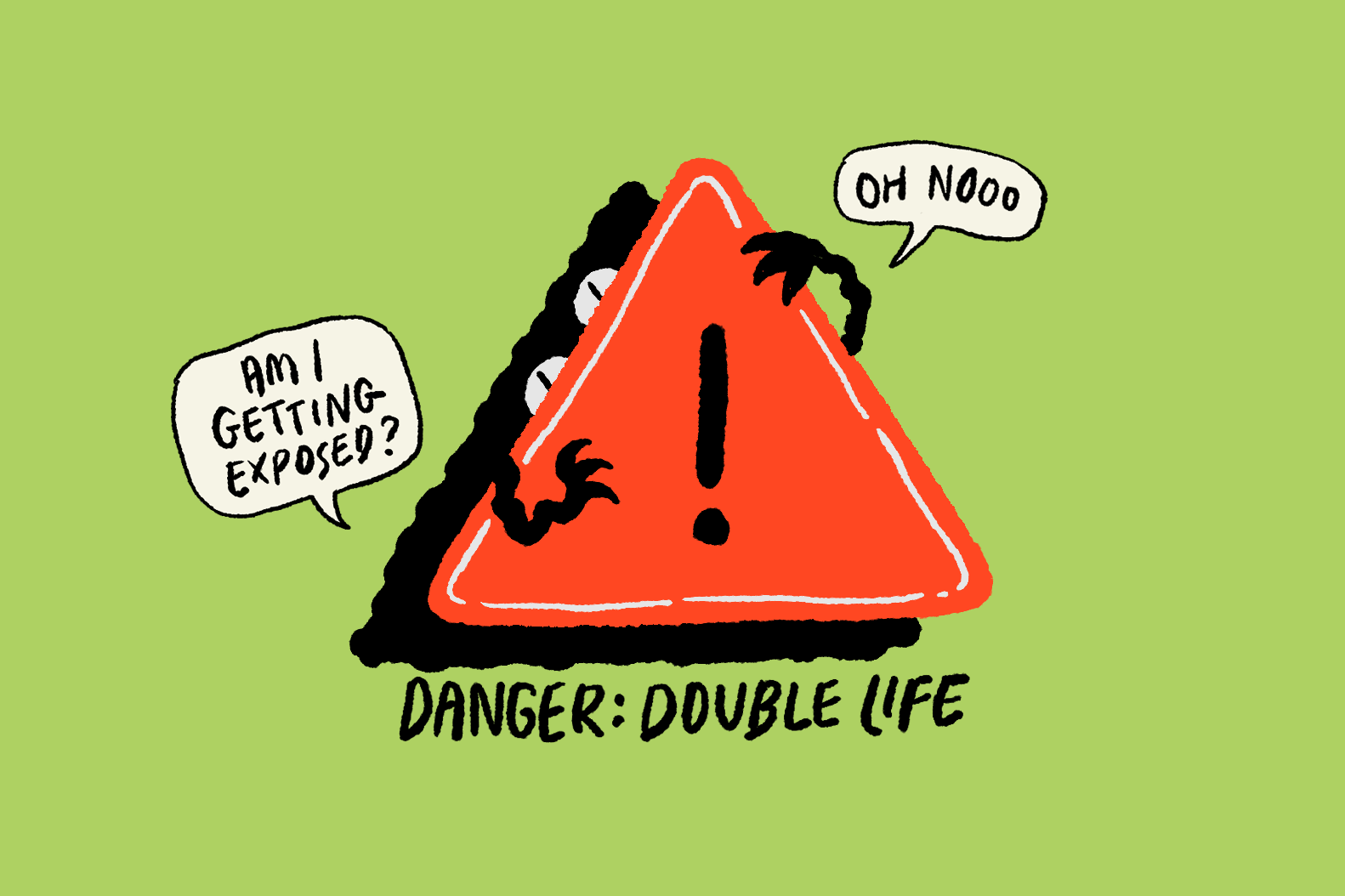“Love is real only when a person can sacrifice himself for another person. Only when a person forgets himself for the sake of another, and lives for another creature, only this kind of love can be called true love, and only in this love do we see the blessing and reward of life…” (Leo Tolstoy)
What the renowned author described is the ideal. But we fall short so often, don’t we?
A few months ago, I heard apologist Max Jeganathan speak at 3:16 Church on the topic of what it means to be human: He highlighted three things that we inherently crave: honour, pleasure and love.
The Asia-Pacific regional director of Ravi Zacharias International Ministries (RZIM) explained that central in our culture is the pursuit of honour and avoidance of shame.
When we seek identity and derive meaning in life from the honour we receive from others, “we elevate external approval at the expense of internal peace”.
“Historically, Easterners are generally driven more by honour while Western cultures have placed a greater emphasis on pursuing pleasure – following the path of least resistance to what feels good. Of course, today we see both sets of drivers proliferate and integrate globally,” he continued.
Suggesting that perhaps there is more to being human than just receiving honour and enjoying pleasure, Jeganathan talked about that which all humans crave – love.
AN ANXIETY AROUND INTIMACY
We just can’t have enough of love, can we?
And perhaps that’s why we suffer: We feel like we don’t have enough of it. That if we have enough of it – we’d be much happier. On some days you too might have experienced a gap between that ideal of being loved and the reality you so keenly feel – not loved enough.
Surely it isn’t easy – I don’t think anyone gets here without some form of struggle or reckoning, of relinquishing the things we think make us “acceptable” and “worthy” of love.
If we go a little deeper in our inner self, we can ask ourselves this: Where do we derive our sense of worth? How well can it withstand the volatility of human approval?
I wish someone had asked me this question in my teenage years when anxiety over approval too often plagued my thoughts. Sometimes in the downward spiral of being not-enough, we just need someone to stop us in our tracks with a gentle question:
“Who told you that that will solve your problem?”
IT’S THE QUALITY OF LOVE, NOT QUANTITY
Surely we’ve also failed in dispensing love – we’ve gone overboard in our words, in our lack of care towards those we love, in not loving others quite as well as we’d like to.
As Jeganathan suggested, man-made standards of love are ultimately inadequate.
“Our synthetic man-made love is not working… There’s a brokenness inside all people such that even though we acknowledge that love is a good idea, we fail.”
“Ultimately, we lack inside ourselves the means to achieve our own needs and desires,” he added.
Jeganathan said: “We think we just need more love – but our problem is that we need a different kind of love. Our problem is qualitative, not quantitative.”
The point is that we don’t just need more love, but better love. A love marked by truth and grace, that sees us for who we really are yet takes us in all the same.
“For God so loved the world that he gave his one and only Son, that whoever believes in him shall not perish but have eternal life.” (John 3:16)
This beloved Bible verse reminds us that better Love came for us. The Son of God, Jesus Christ, was sent to us so that we could have His love.
“When we go to Jesus,” said Jeganathan, “He offers us a unique sacrificial and unconditional brand of love that cannot be found anywhere else.”
God knows exactly who we are and what we are like, yet chooses us still. In front of God, there simply isn’t anywhere to hide. He sees everything – all of the world is laid bare before his omniscience.
But perhaps that’s also most freeing to know.
God’s love doesn’t ignore our failing and imperfections, it rises up to cover them over with His perfection.
My teenage self probably never thought she’d find a love this beautiful and secure, but I’m glad she did.









